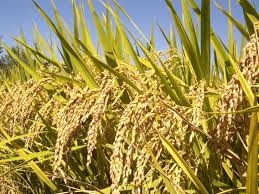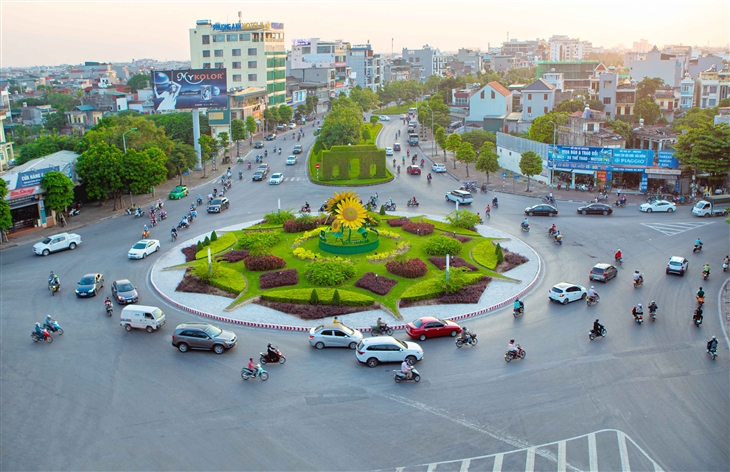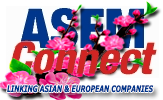Vietnam’s agro exporters to raise quality for Japanese market
Friday, March 31,2017
AsemconnectVietnam - Vietnamese businesses are investing millions in developing better raw materials and modern factories to produce agricultural products that meet Japan’s high import standards.
On Tuesday, Dong Nai Province-based Koyu & Unitek Co., Ltd inaugurated its first chicken meat processing facility in preparation for future exports to Japan.
The factory features Japanese-imported machinery and technology worth $6 million and can process up to 50,000 chickens per day, according to CEO Khuu Nhon Hieu.
“We have been investing in the production of export-quality chicken to satisfy Japanese standards for the past two years,” Hieu said.
“This is one of the final steps, and we await one final inspection from Japanese importers before our first shipment to Japan can take sail.”
Nguyen Van Thu, director of GC Food, said his company had also been busy preparing for the shipment of red-fleshed dragon fruits to Japanese partners.
Having just returned from Foodex Japan 2017 held in Chiba Prefecture, Thu said that Vietnamese produce had great potential for export to Japan.
Aside from red-fleshed dragon fruits, which have only been allowed into the East Asian country since earlier this month, Japanese consumers also have a high demand for other Vietnamese exports including frozen goods, cashew nuts and coffee, Thu said.
According to a leader of Binh Duong-based fruit exporter Yasaka, Vietnam’s dragon fruits and mangoes enjoy many advantages over products of neighbouring countries in terms of their competitiveness.
“We are planning on switching to a hot vapor treatment method for fruits to improve our capacity in the future,” he said.
With great prospects, come great challenges
To enter the Japanese market, Vietnamese chicken exporters must meet strict quality and food safety standards, which include the use of chicken breeds imported from France or the US, an absence of antibiotic residues, and a clean record of poultry-borne diseases, according to Nguyen Minh Kha, owner of one chicken farm partnering with Koyu & Unitek.
“The successful export of chicken to Japan is one way for Vietnam’s chicken industry to prosper amidst fierce competition from imported chicken,” Kha said.
Japan imports hundreds of millions of dollars worth of products every year, making it a huge potential market for Vietnamese agricultural exporters, said Nguyen Trung Dung, ministry counsellor for Vietnam’s Ambassador to Japan.
Meanwhile, Japanese importers are also looking for new business partners in Southeast Asian countries as they tend to shy further and further away from China, Thu said, creating a great opportunity for Vietnamese businesses to establish their presencein a lucrative market.
However, as Thu pointed out, Vietnamese producers are falling behind in the race due to their inability to meet high standards of food safety and origin traceability.
Japanese businesses demand Vietnamese partners play by their rules by requiring facilities based in Vietnam abide strictly to Japanese standards in the investment of equipment and the establishment of appropriate working conditions.
“One of the hardest requirements to meet is the competence of Vietnamese workers, as they are infamous for a lack of discipline in the workplace, while the domestic training programmes of some local businesses have been found wanting,” Thu said.
Source: Intellasia.net
Garment & textile sector tries to keep growth momentum
Customs clearance procedures supported for importing gold for bidding
Thanks to high prices, coffee export turnover in the first quarter of 2024 skyrocketed 57.3%
Foreign purchasers show interest in five product groups of Vietnam
Japanese investors join big real estate project in Binh Duong
Vietnam has opportunities to attract, develop the offshoring market
Nearly 600 million USD disbursed in support of agroforestry, aquatic sectors
Squid and octopus exports are expected to decrease by 2% in the first quarter of 2024
Vietnam’s imports of raw materials for animal feed production in March and first 3 months of 2024
US dollar continues gaining against Vietnamese dong, hitting exchange ceiling
Real estate market thrives, entities ready to re-enter market
DAILY: Vietnamese pepper prices increased by 1000 VND on April 16, 2024
DAILY: Vietnamese coffee prices increased by 1000 VND on April 16, 2024
In the first quarter of 2024, fertilizer exports increased sharply over the same period

Plan of Hai Duong province for a period of 2021 - 2030, ...
Organize space reasonably and harmoniously, focusing on connecting Hai Duong in common development space, actively contributing to the ...Plan of Hau Giang province in a period of 2021 - 2030, ...
Sustainable forestry development program in a period of ...

12th-century ancient road unearthed at My Son Sanctuary
An ancient road dating back to the 12th century has freshly been discovered in an excavation on architectural ruins at the east side of ...Efforts made to seek UNESCO’s recognition for Con Moong ...
Vietnam Art Photo Contest and Exhibition 2024 to be held ...
Bas-relief featuring talks between Uncle Ho and soldiers ...



